Cisco And HP Split: A Timeline To Divorce
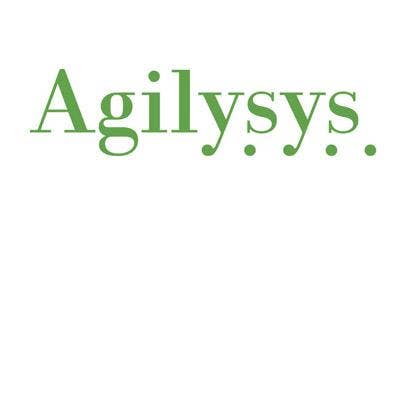
Cisco last week effectively gave Hewlett-Packard (HP) its walking papers, saying it won't renew its chief rival's contract as a Systems Integrator, which means HP will no longer be a Cisco Certified Channel or Global Service Alliance Partner.
The breakup puts to bed a nearly two-decade marriage and is the latest punch thrown in a gloves-off, put-up-your-dukes battle that has been brewing between the two tech powerhouses.
Here, we take a blow-by-blow look at what led up to the divorce, along with a look back at a few precious memories.
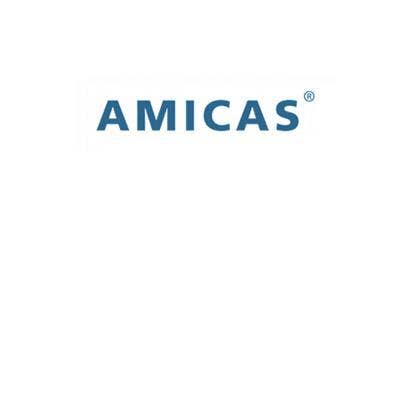
It wasn't always frosty between Cisco and HP. Nearly two decades ago the two started working together, with HP acting as a major channel player within Cisco. It was a match made in heaven: Cisco provided the networking chops, HP the data center prowess. It was love at first sight. What could go wrong?
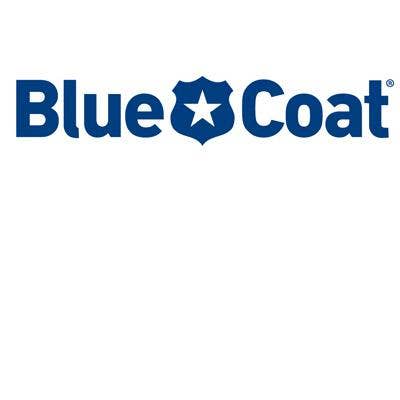
At Supercomm '99 in June of that year, Cisco and HP showed off a new ATM WAN service-management solution to enable the automation of services for creating, activating, provisioning and billing for modern networks.
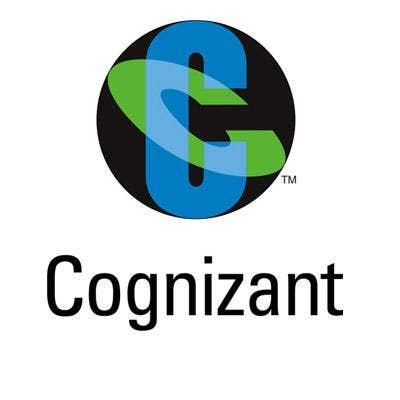
While ProCurve-branded products were around in the late 1990s as part of HP's ProCurve switch line, it wasn't until 2000 that HP officially solidified its ProCurve division. ProCurve comprises HP's line of networking switches designed to offer high performance at an affordable price. It didn't take ProCurve long to become a household name. Now, ProCurve is a strong competitor to Cisco and has added a host of functionality over the years, including wireless via the acquisition of Colubris.
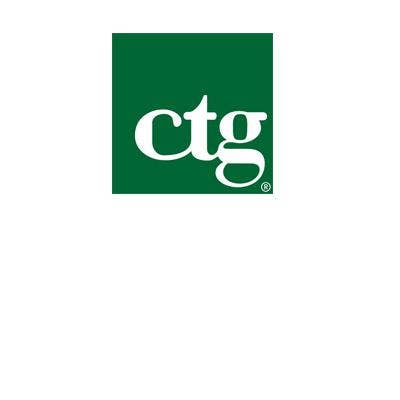
In April 2000, Cisco launched of its Professional Services Partner Program, a program to provide small and midsized businesses with optimized service partners. To enter the program, partners went through rigorous qualification procedures. After filling out an application that outlines their particular key-base proficiencies, candidates undergo a four-hour qualification audit at their site. And who was among one of the 20 inaugural members of the Professional Services Partner Program? HP; that's who.
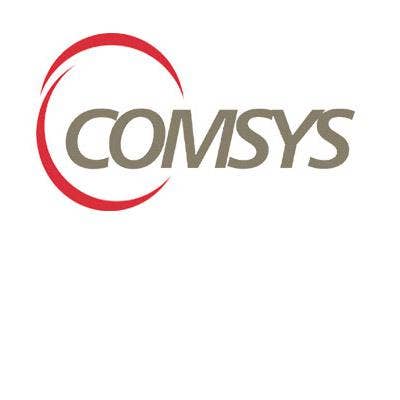
Cisco and HP continued their technological love affair in July 2000 by joining forces to make a splash in the CRM space. The pair inked a deal that let HP sell Cisco's customer contact software platform and provide installation through its professional services arm. Cisco's platform, which was used in call centers, tied together a collaboration server, an e-mail manager plus its media blender and media manager, all designed at managing the way customers can reach a business.

In November 2003, then HP CEO Carly Fiorina announced she will leave her post on the Cisco Board of Directors and not seek re-election to the post she took in January 2001. Many saw Fiorina's vacating the Cisco board as a sign of murky competitive waters ahead.
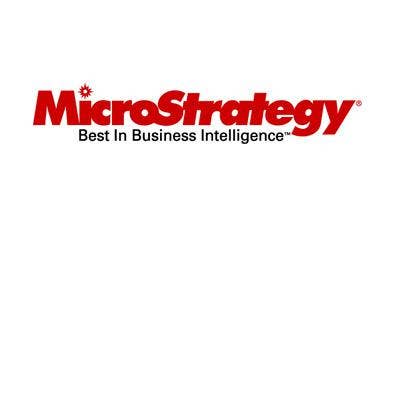
In November 2004, Cisco and HP, along with Intel, formed a supply chain working group to develop integrated implementation plans for a recently announced Electronics Industry Code of Conduct (EICC), a code launched to make social responsibility practices and expectations consistent across the electronics industry's global supply chain. HP facilitated the collaboration on the code, inviting a host of companies to participate, including Cisco.
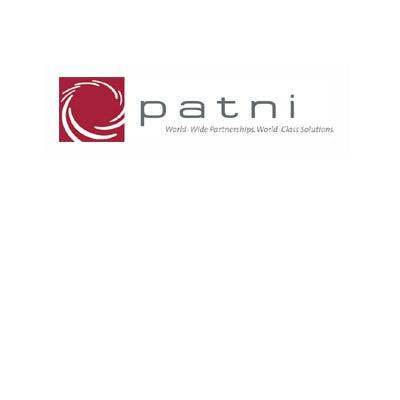
HP's ProCurve networking arm made waves by growing port shipments 28.4 percent in the first quarter of 2008 compared to the same quarter a year ago. Meanwhile, the rest of the industry grew 7.82 percent, according to numbers from the Dell'Oro Group.
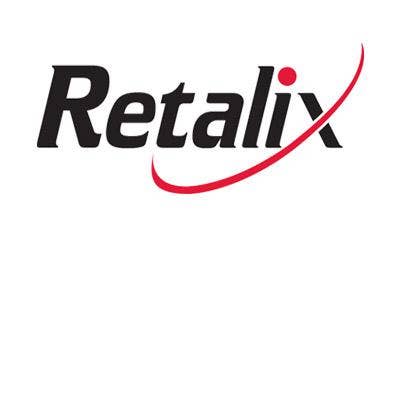
In May 2008 HP acquired integrator giant EDS for $13.9 billion. The EDS buy was a move by HP to boost its global services profile. Following the EDS acquisition, Cisco joined the EDS Agility Alliance, an alliance that worked on a host of technology products including the Agile Enterprise architecture, a next-generation global delivery system.
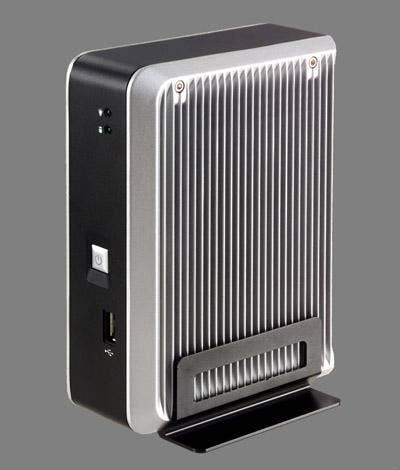
On March 16, 2009 Cisco unveiled its Unified Computing System (UCS), one of the industry's worst kept secrets. A direct swipe at HP's blade server bread and butter, UCS is a solution set that ties together the network, servers, storage, virtualization and a single management console that Cisco said can support up to 320 servers and thousands of virtual machines.
The following day, HP Canada issued a press release with the headline "HP To Cisco: You Have A Lot To Learn About The Data Center." In the press release, HP pointed out holes in Cisco's data center portfolio, calling Cisco's data center innovation "reactionary and laggard."
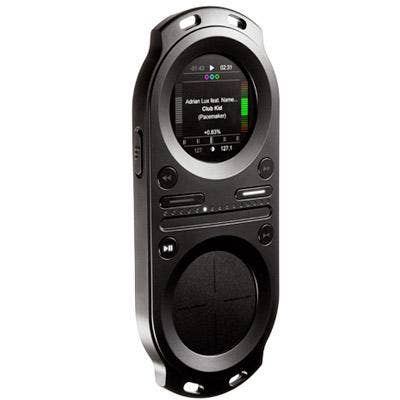
Shunning Cisco, which had made great strides in VoIP and unified communications, HP and Microsoft joined forces in a $180 million VoIP and UC partnership. The May 2009 pairing put HP-Microsoft squarely into Cisco's communications wheelhouse.
Cisco Global Channel Chief Keith Goodwin battled back in a blog post claiming that HP and Microsoft are cutting out the channel and taking their joint solutions direct.
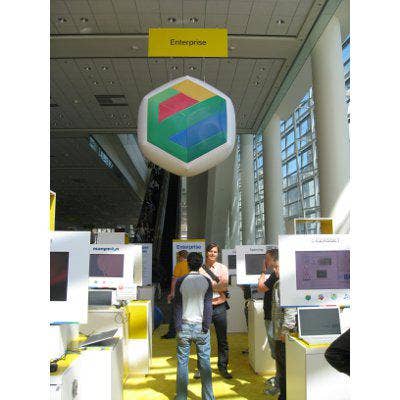
At its Cisco Partner Summit in June 2009, Cisco drew the line in the sand and publicly proclaimed that it and HP are in a heated competition. The proclamation marked the first time Cisco publicly acknowledged its competitor. The move was seen by many as a step in the right direction as Cisco reclaimed its networking crown.
"We are competing with HP. Period. End. It is competition," said Wendy Bahr, Cisco's senior vice president of U.S. and Canada channels.
Other Cisco execs chimed in to punctuate Bahr's point, with CEO and Chairman John Chambers noting "HP is a competitor, and we're going to have fun competing."
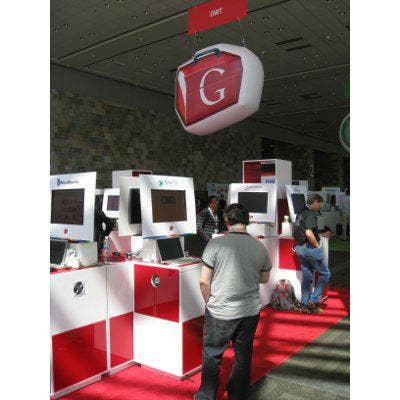
Rumors spiral in July 2009 that Cisco was telling solution providers to slash prices on networking gear to match HP's lower priced ProCurve gear. Cisco denied the allegations. Meanwhile, some partners of both Cisco and HP said the vendors were pressuring them to beat the other at all cost.
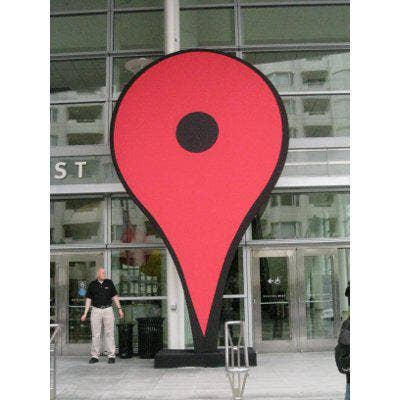
In a move that makes it appear as though HP was preparing to be tossed by the wayside by Cisco, HP dropped $2.7 billion in an acquisition bid to scoop up ailing networking pioneer 3Com Corp. in November 2009.
The 3Com buy was seen by many as an act of revenge against Cisco and a play by HP to take the network by storm by adding 3Com's H3C switching products to its already impressive ProCurve roster. The acquisition also gives HP 3Com's TippingPoint network security products, another slap at Cisco.
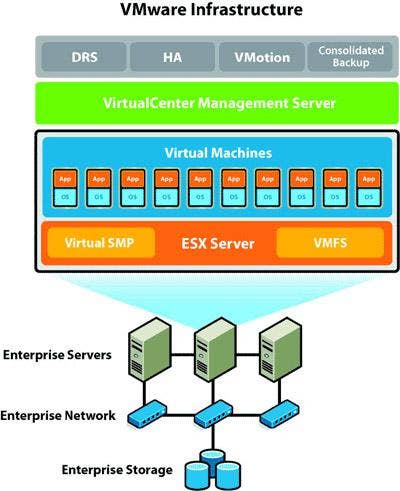
Cisco and VMware teamed up November 3 to launch a joint venture dubbed the Virtual Computing Environment, a major data center play that takes the storage, security and virtualization capabilities of EMC and VMware to give a jolt to Cisco's Unified Computing System (UCS).
The first product, the Vblock Infrastructure Package, offers a fully integrated virtualization, networking, computing, storage, security and management suite, as well as a well-placed "ha ha!" at HP and IBM.
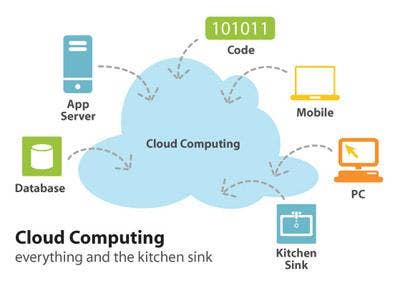
Cisco, VMware and EMC teaming up for Vblock didn't stop HP from finding its own high-profile partnership to offer a complete hardware-software stack. In January, HP and Microsoft revealed a three-year plan and a $250 million investment to significantly simplify technology environments for businesses of all sizes, with a special emphasis on cloud computing and virtualization.
Some perceived the HP-Microsoft partnership as a jab at long-time HP partner VMware, meanwhile, it puts HP and Microsoft in fiercer competition on the data center convergence stage with Cisco and its Unified Computing System (UCS).
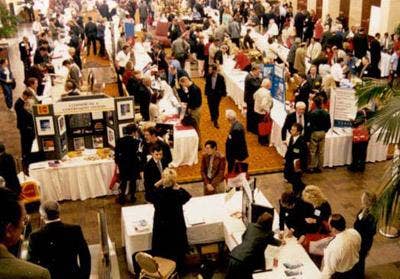
In January, Cisco partners and HP partners alike were shocked to find the two vendors scheduled their respective partner conferences for the same time in April.
Cisco scheduled its annual Partner Summit for April 26 to April 29 in San Francisco, using dates and locations that were set years in advance. HP, which typically schedules its conference around Interop Las Vegas, set its Americas Partner Conference for April 26 to April 28 in Vegas, during Interop.
The schedule could create headaches for some large partners who work with both companies, forcing them to choose which conference to attend, which could also be seen as a sign of picking sides.
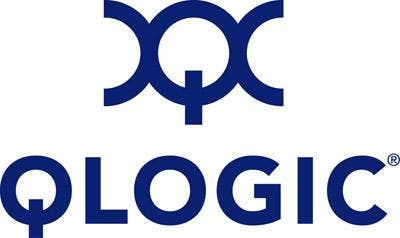
Just hours before Cisco announced it would terminate its partnership with HP, HP announced that it is building its storage component relationships with other vendors. QLogic said that HP will be reselling its 5800V and 5802V series of 8-Gbit Fibre Channel switches to go with its BladeSystem servers and its MSA and EVA storage lines to offer scalable SAN Solution for use with HP's server and storage portfolios.

On Thursday Feb. 18 Cisco Senior Vice President of Worldwide Channels Keith Goodwin released a video blog and transcript saying Cisco is ending its decades' long partnership with HP, noting that come April 30, 2010, Cisco will not renew HP's contract as a Cisco Systems Integrator. The split means HP will no longer be a Cisco Certified Channel or Global Service Alliance Partner. And while Cisco said it will engage in talks with HP about a new channel relationship, the odds are slim that the relationship between the two will ever be as powerful, or amicable, as before.
"Over the last few years our relationship with HP has evolved from a partner to companies with different and conflicting visions of how to deliver value to customers," Goodwin said. "Despite this shift in industry dynamics, HP had remained a Cisco Certified Channel Partner. Being a Cisco Certified Channel Partner has numerous benefits including access to proprietary information (such as product roadmaps) and partner profitability initiatives. Given the evolution of our relationship it simply no longer makes sense to provide these benefits to HP."